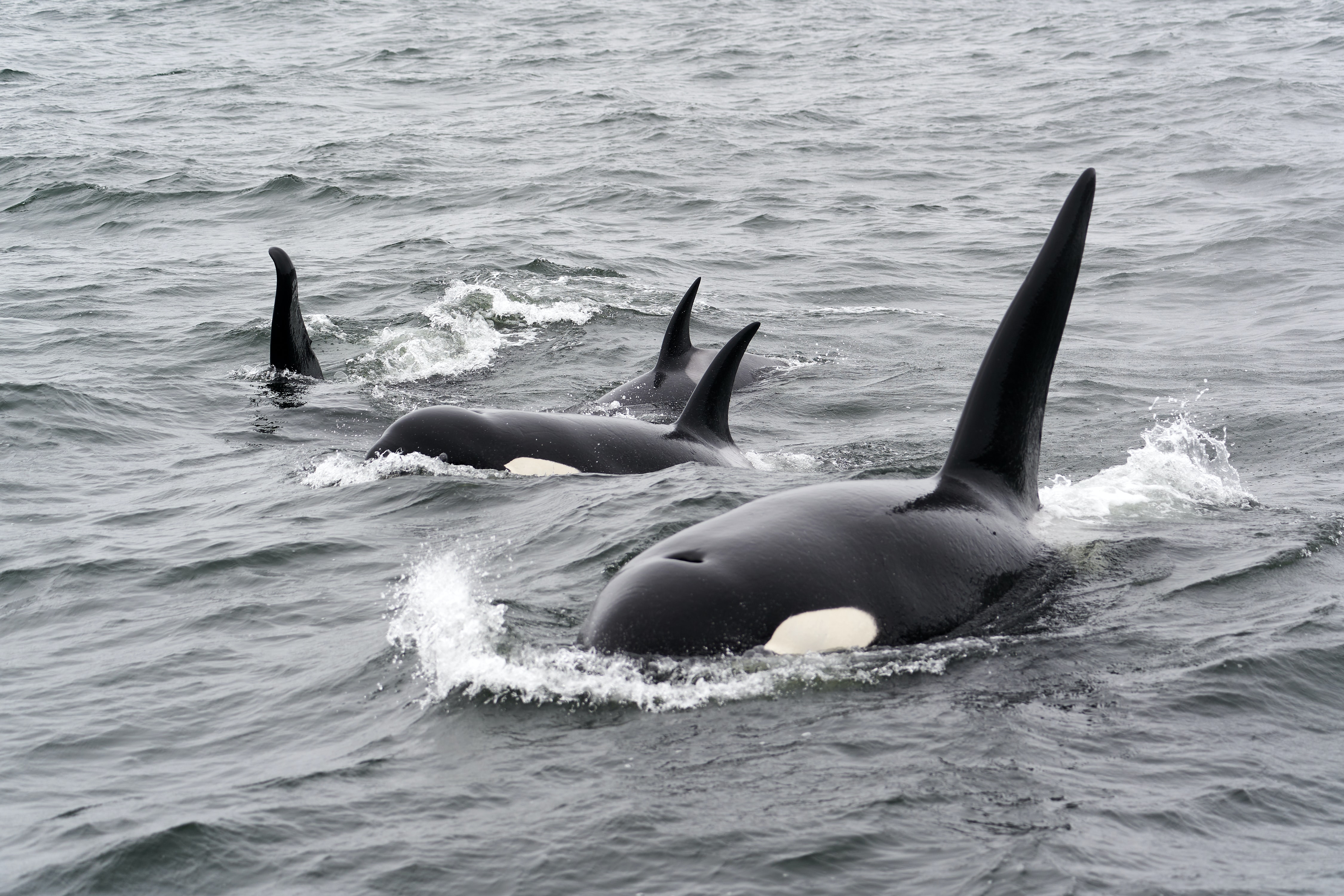
By Bill Arthur, Snake/Columbia River Salmon Campaign Chair
Tell Senators Cantwell and Murray: We need strong investment and leadership to save our iconic Northwest species!
Submit Your Comment!
As we welcome the new Biden/Harris Administration into the White House, we’d like to take a moment to reflect on 2020, and all that we’ve accomplished to restore the Snake River and its once-abundant fish runs. We believe that 2021 is poised to carry this momentum into the new year and prove to be an opportunity for bold action to save our salmon and orca.
First, the federal agencies completed the court-ordered Environmental Impact Statement (EIS) this summer and released their final decision and the biological opinion (salmon plan) at the end of September. Not surprisingly, under a Trump administration, the final recommendation from the EIS failed to adopt the strong actions, including removing the four lower Snake River dams, that is needed. This mostly status quo plan is inadequate and illegal and we are joining with over a dozen other fish and environmental advocacy groups to take this latest inadequate plan to court.
The court challenge is intended to keep the pressure on all parties to seek a comprehensive solution and be a backstop if state/sovereign/stakeholder conversations fail. We believe the best path forward is to develop a comprehensive solution that works for everyone. With your help, even in the midst of the COVID-19 crisis, we and our allies were able to generate over 100,000 public comments on the EIS and have over 1,000 people testify at Zoom hearings. Together, we sent a clear message that the public wants and expects a strong plan that will recover salmon, restore the Snake River, respect tribal treaty rights, help orca, and invest in transportation for crops and an affordable, reliable, and clean energy system.
Because of the strong public support for a solution, the governors of the four Northwest states signed an agreement on October 9 to jointly convene a regional stakeholder initiative to address salmon recovery in the Columbia Basin with the tribes. We expect this process will start late winter/early spring next year and take up the Snake River issues as an early action item.
This process can be an important venue to advance key elements of salmon recovery and investment needs in the Columbia Basin to address community needs. While the letter of agreement put forward by the Governors is a positive step, we need to keep the pressure on to assure this initiative moves forward expeditiously and develops serious recommendations quickly. Keep an eye out for my updates as we engage in this process.
Second, we had good news to close out the year for our imperiled orca. Tahlequah - the mother orca that drew international attention in 2018 as she bore her lifeless calf through the waters of the Salish Sea - welcomed a new baby in September. The J-pod also welcomed another calf in September, increasing the depleted population from 72 to 74. Scientists also believe a couple of other females may be pregnant in the other pods. The orcas, it seems, are doing all they can to rebuild their community. Now we need to do all we can to help them.
For years, biologists have said that restoring the lower Snake River by removing its four dams is critical to protect salmon from extinction and could return over 1 million adult chinook to Northwest coastal waters to help feed starving orca. Orca scientists have found that orca recovery depends on restoring the lower Snake. This is our greatest salmon and orca restoration opportunity anywhere on the West Coast.
Three, we joined with Trout Unlimited, several tribes, including the Yakama Nation and Snoqualmie Tribe, and others to pass legislation to prohibit suction dredge mining in critical habitat for salmon, steelhead and bulltrout. This destructive activity was virtually unregulated in Washington waters, causing serious damage to key habitat and watersheds around the state. Together, we delivered a strong message to legislators and they responded by and stopping this activity, increasing protections for spawning and rearing habitat all across the state.
And, last, but certainly not least, the election of President-elect Joe Biden and Vice-President-elect Kamala Harris ushers in a new opportunity for attention and help from a much more environmentally friendly administration. The Biden/Harris administration has also made a clear commitment to social justice and, in particular, their intent to respect the treaties we have signed with Native American tribes. The nomination of Congresswoman Deb Haaland from New Mexico for Secretary of the Interior would put the first Native American (and a strong environmental leader) at the helm of this key federal agency.
This is a promising step in the right direction and uplifts other recent examples of indigenous communities leading within the environmental movement to protect the land they’ve stewarded since time immemorial. A recent article in the Seattle Times highlighted the long history and work of the Nez Perce to protect salmon, their culture, and restore the Snake River and its historically abundant salmon, steelhead and lamprey. We are working alongside the Nez Perce and other tribes to honor the treaties and restore salmon in the Snake River and across the Northwest.
The orca are doing all they can. The Northwest governors are stepping up. We need our region’s members of Congress to support this initiative and lean in to provide leadership as well. Please contact your U.S. Senators today - urge them to actively be involved and supporting and engage this process to develop a comprehensive solution for our salmon, orca and communities.